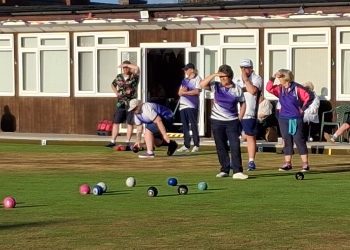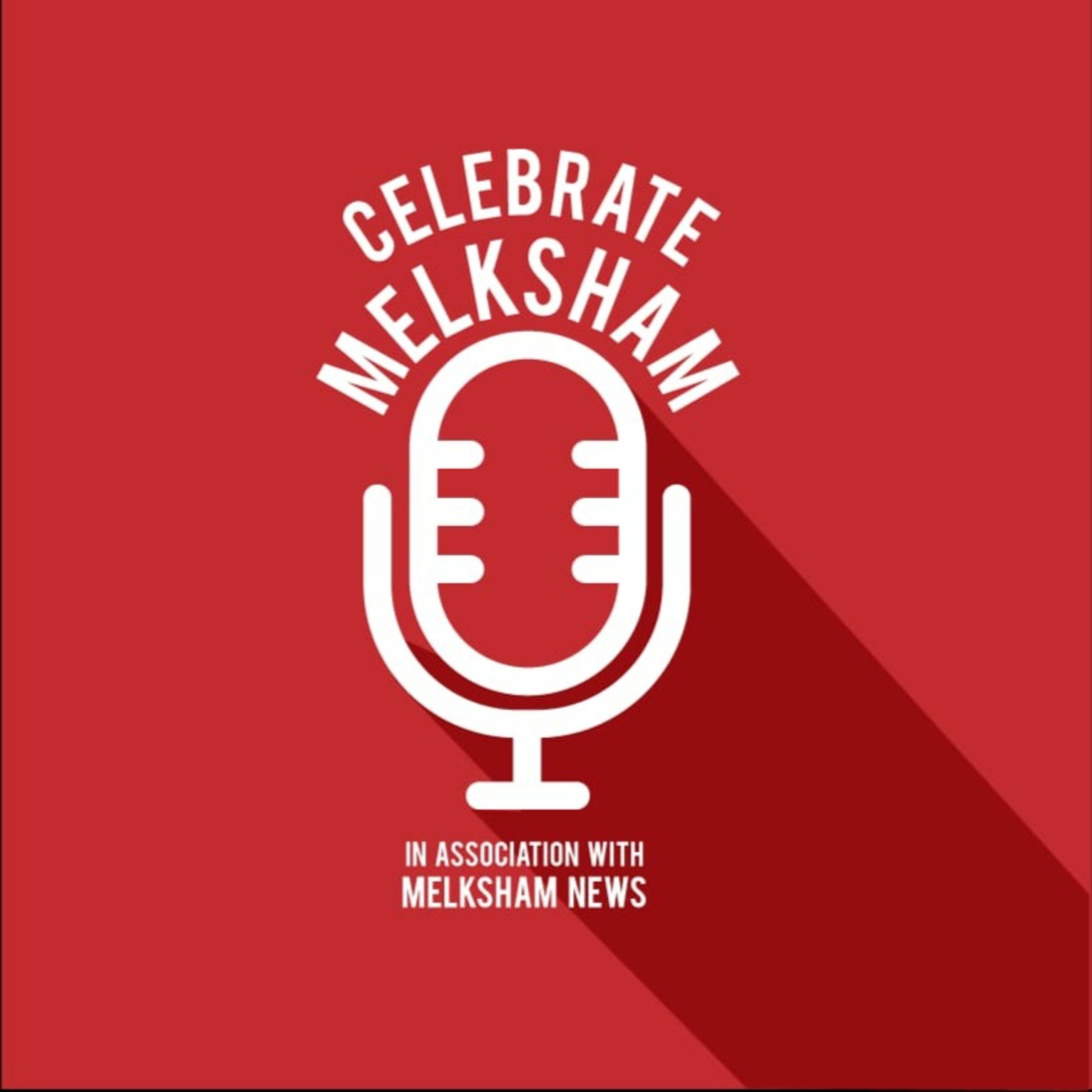A MELKSHAM-based swim coach for paralympians has spoken of the ‘unique and unusual’ time during the pandemic, leading up to this year’s Paralympic Games in Tokyo which start next week.
Steve Fivash, a former Blue Pool instructor, is part of the home coaching and support team for the paralympic swimmers who have gone to Tokyo for the Games which run from Tuesday 24th August to Sunday 5th September.
Steve told Melksham News he had been travelling around the country to aquatic centres in London, Manchester and Bath during Covid .
“I’ve been spending a lot of time away from home – from a few days away to a couple of weeks,” Steve said. “When I started going to Manchester all the hotels were technically closed – we had permission from the government to be able to train in the pools and were allowed to travel around the country. We had to manage the requirements of lockdown while preparing for the Paralympic Games.
“Everybody in elite sport had to do it. I’d be driving on the M5 / M6 and be the only car I could see. I’d stop at services and only see two or three other people.
“In the hotels it was self catering, which wasn’t a problem but it’s something we wouldn’t usually do. I’d use the lift one day and when I went back to it it was in the same position. We were masked and sanitised while training because a couple of the the swimmers have got low immune systems – it’s about being extra vigilant It’s been very difficult. Last week we were still observing the same practices we had in January while everything else seemed to be getting back to normal. It’s been a unique and unusual year!”
Steve is an experienced para-swimming coach and coaches regularly at a national level. This will be the fifth Paralympic Games he has been a part of, and in 2016 he took a team of swimmers to Florida for the Invictus Games, where they won 46 medals and 19 out of 29 events.
Team GB is fielding 23 swimmers at this year’s games, including world champion and OBE recipient Ellie Simmonds.
Swimming is historically Britain’s strongest Paralympic sport. The nation won 47 medals at Rio 2016, where Bethany Firth, Stephanie Millward, Eleanor Robinson, Hannah Russell and Ellie Simmonds all won gold. For the 2020 team they are joined by five further medallists from the last Games; Jessica-Jane Applegate, Thomas Hamer, Andrew Mullen, Scott Quin and Becky Redfern.
In total, this group of ten athletes has won 41 Paralympic Games medals between them, with Ellie Simmonds and Stephanie Millward set to make their fourth consecutive Paralympics appearance in Tokyo.
Steve, who coaches groups of two or three to six or seven swimmers at a time said coaching has been very different in the last year.
“We’ve procedures in place: two swimmers in a lane and at different ends of the lane. Previously we could have 10 swimmers in a couple of lanes. For the swimmers that have gone to Tokyo I’m going to be part of the team supporting them from home. It’s very different for them than in Rio or London where you would walk into a stadium with 80,000 people cheering you on, including family and friends.
“In Tokyo there is no audience and the swimmers have to stay in their room between events. They are very restricted and are not used to it. Sometimes a call from home can be very supportive and helpful. It’s making sure their wellbeing and mental health is looked after.”























